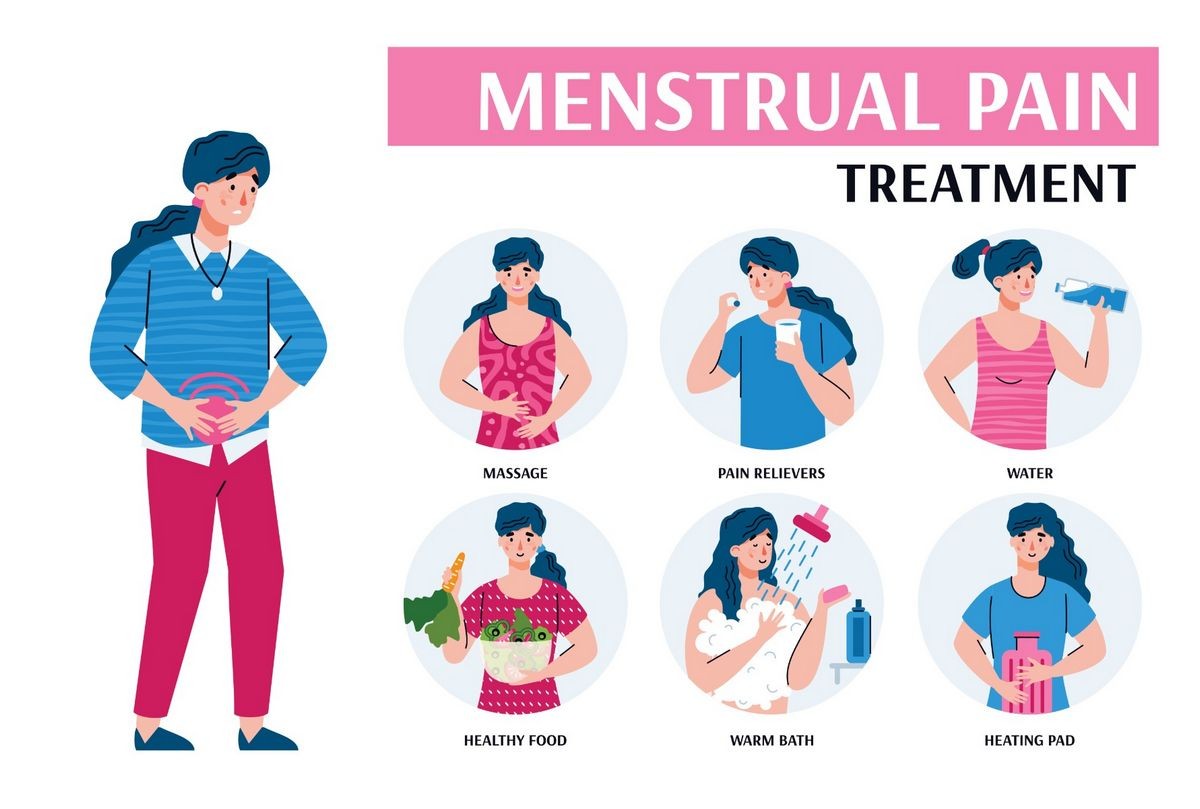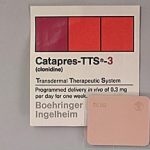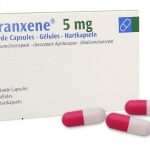
Contents
Does Cranberry Juice Help With Premenstrual and Menstrual Cramps?
Cranberries are a superfood with health benefits and high nutritional value. No evidence shows that cranberry juice helps with menstrual cramps.
PMS, or premenstrual syndrome, is a common concern for women. While it is a natural part of the menstrual cycle, the symptoms can be uncomfortable and disruptive. Many natural remedies can supposedly alleviate PMS, but does cranberry juice help cramps? Here’s what you need to know.
Cranberries have been the focus of many researchers due to their potential as “superfoods” — foods with health benefits and high nutritional value. Like other berries, cranberries are rich in vitamins, minerals, and fiber while being low in calories. Most importantly, they contain high levels of phenolics.
Phenolics are naturally-occurring compounds primarily present in plants. For years, they were considered anti-nutritional and potentially toxic. But recently, researchers have recognized specific phenolics as beneficial — berry phenolics fall into this category.
Experts suggest that the phenolics present in berries have significant antioxidant properties. These play a crucial part in treating conditions related to oxidative cell stress, such as cancer and cardiovascular diseases. Furthermore, phenolics could also help against inflammation, potentially alleviating different types of pain.
Cranberries have also shown promise in promoting genital health by preventing urinary tract infections (UTIs). Research indicates that cranberry products could decrease the risk of UTIs by about 30%. They could also promote postmenopausal health, but more research is needed.
In addition to the nutritional value and phenolics, cranberries are considered superfoods due to their safety. Trials and studies on the potential health benefits of berries have shown no toxic side effects. However, it’s essential to remember that this might not be the case if you have berry allergies or consume excessive amounts.
Can cranberry juice help with premensrual and menstrual symptoms?
Alongside the phenolics, cranberry juice is a source of magnesium — a nutritional mineral. A cup of cranberry juice provides about 15 milligrams of magnesium. Experts recommend about 300 milligrams of magnesium daily for women, meaning that two cups of cranberry juice account for 10% of that value.
Magnesium has many health benefits, from preventing type 2 diabetes to increasing bone mineral density. This further supports the link between cranberries and menstruation, as postmenopausal women are more at risk for developing osteoporosis — a condition where bone density decreases.
Similarly, researchers have found that magnesium levels are lower in women with PMS. PMS encompasses all the symptoms before menstruation. It’s estimated that about 50% of women have PMS, and 20% of those experience severe symptoms that disrupt their daily activities. As such, experts have investigated magnesium as a possible treatment for PMS.
A recent study gave 50 women 250 milligrams of magnesium for two months to treat their premenstrual symptoms. At the end of the trial, researchers found that the extra magnesium helped decrease PMS symptoms. However, they also point out that this effect is even more notable when taken with vitamin B6.
Similar studies and reviews confirm these benefits and suggest taking magnesium for at least two months to reduce symptoms. However, these studies only tested magnesium supplements, so more research is needed to confirm cranberry’s specific effects on PMS.
Considering that a cup of cranberry juice provides about 15 milligrams of magnesium, it might be best to eat other magnesium-rich foods for these benefits. Foods rich in magnesium include:
- Pumpkin seeds
- Almonds
- Spinach
- Chia seeds
- Soymilk
If you’re unsure how to increase your magnesium levels, consult a licensed nutritionist or dietitian. They can give you precise advice on including more magnesium-rich foods in your diet and whether cranberry juice can help alleviate PMS.
QUESTION
Are there other benefits to cranberry juice?
Although research is in its early stages, experts suggest cranberries have several beneficial properties for health. Cranberries can impact three areas of the body: the urinary tract, cardiovascular system, and metabolism. Here are the most important cranberry juice benefits:
Urinary tract infections (UTIs)
Traditionally, UTIs are treated with antibiotics. However, researchers have started studying alternatives to prevent antibiotic resistance. Cranberry is the most promising one, as it prevents bacteria adhesion to cells in the urinary tract. It may also modify the gut microbiota to make it more resistant to infections.
Experts theorize cranberry juice can lower blood pressure and prevent hypertension when consumed with high-fat diets. However, these benefits are not confirmed — consult a doctor if you have high blood pressure.
Type 2 diabetes mellitus is a known risk factor for cardiovascular disease. Research shows cranberry juice could lower blood glucose and improve insulin sensitivity. These properties come from cranberry’s polyphenols — naturally-occurring micronutrients with health benefits.
Dyslipidemia
Dyslipidemia refers to the imbalance of cholesterol and other lipids due to dietary and genetic factors. Cranberry can help improve blood lipid profiles, reducing the risk of cardiovascular disease.
Unfortunately, there isn’t a reliable PMS treatment that works for everyone. Instead, implement as many lifestyle changes as possible, keeping track of what works and what doesn’t. For example, here are some common PMS management strategies that can help relieve menstruation-related pain:
- Ensure you’re getting enough good-quality sleep
- Reduce your daily alcohol and caffeine intake
- Stop smoking
- Exercise at least three times a week
- Avoid high-fat and high-sugar foods
- Eat smaller meals
If persistent or intense PMS symptoms affect your daily activities, consult a doctor. Seeking advice from a healthcare professional is the first step to alleviating these symptoms.
References:
Antioxidants: "Berry Leaves: An Alternative Source of Bioactive Natural Products of Nutritional and Medicinal Value."
BetterHealth: "Premenstrual syndrome (PMS)."
European Journal of Nutrition: "Chronic cranberry juice consumption restores cholesterol profiles and improves endothelial function in ovariectomized rats."
Frontiers in Pharmacology: "Berry Phenolic Antioxidants – Implications for Human Health?"
National Center for Complementary and Integrative Health: “Cranberry."
National Institutes of Health: "Magnesium."
NFS Journal: "Effect of magnesium supplementation on women’s health and well-being."
Pratyusha, R., Gyanendra, K. StatPearls: "Premenstrual Syndrome."
U.S. Department of Agriculture: "Cranberry juice blend, 100% juice," "Cranberry Juice Can Boost Heart Health."
U.S. Department of Agriculture: "Cranberry juice blend, 100% juice," "Cranberry Juice Can Boost Heart Health."


